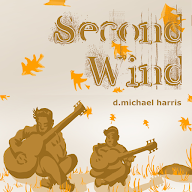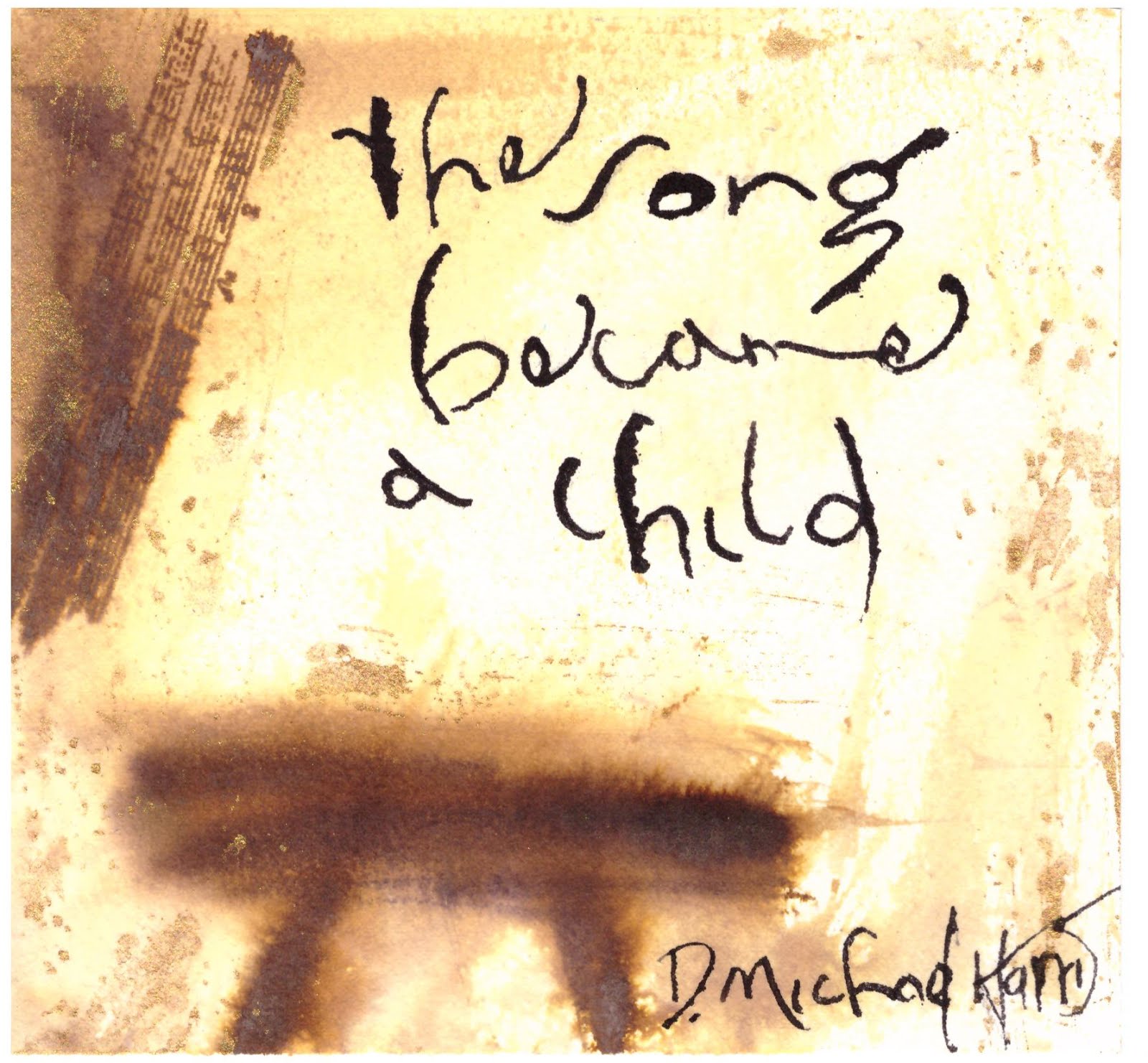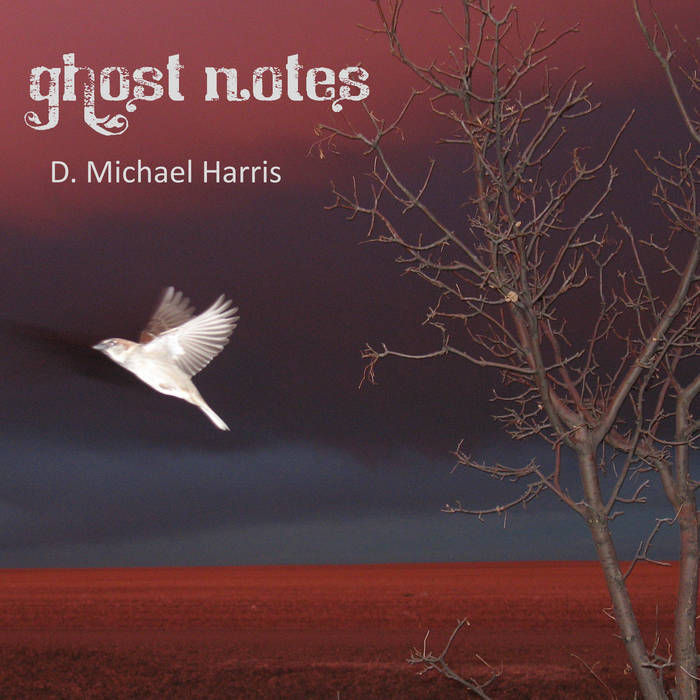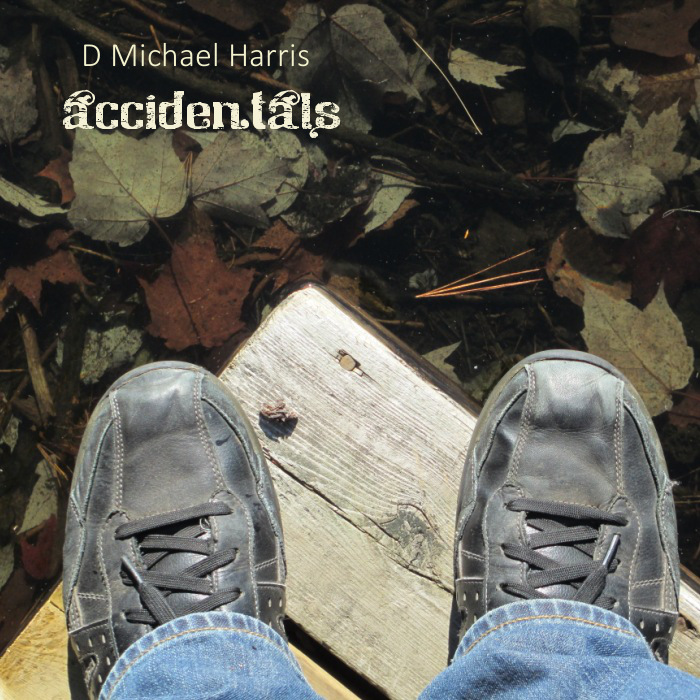But this is not a rant. It’s actually a blog post about the music of U2.
The reason I’m talking about CCM is only because I believe that no other musical force had more influence on the evolution of contemporary Christian music than the musical force that is U2. I don’t have hard evidence for this, except for many times I’ve listened to a popular CCM tune and reached the end thinking either “U2 did it better,” or “U2 did it first.” They were one of the first bands to popularize the I-V-vi-V chord progression, for instance, which they used with great success on their chart-topping hit, 1987's “With or Without You.” Although this musical pattern is so ubiquitous in pop music today that it’s almost become white noise, it was not actually that common the 50s, 60s, or 70s. Songwriters used it from time to time (e.g. “Let it Be,” by the Beatles, “Africa,” by Toto, or “Beast of Burden,” by The Stones), but it did not become the staple of songwriting that it is today until the late 90s and early 2000s.
This fascinating video by David Bennett helpfully lays out the history of this chord progression. According to his analysis, the I-V-vi-V pattern doesn’t show up in earnest until the early 90s. The bar graph showing its frequency in pop music shoots up suddenly in 1991, four years after the release of “With or Without You.” Notably, in the years prior to the mid-80s, the progression was almost always worked in with other chords, and almost no songs were based entirely on a looping progression of those 4 chords, the way “With or Without You” was. By the 2000s the form was so common that it had almost become a musical cliché.
David Bennett does not attribute this development in pop music to U2’s use of the chord progression on “With or Without You.” He traces it, instead, back punk bands like The Clash, that used it from time to time in the early 80s. However, in their early days, U2 styled themselves as an artsy expression of the punk genre, and have identified The Clash as one of their earliest inspirations, so perhaps there was some cross-pollination in this regard.
At any rate, I’m not saying U2 invented the progression, or single-handedly popularized it. My point, rather, is to explore U2’s influence on contemporary Christian music, and it’s fascinating for me to notice how the evolution of CCM unfolded in the Christian world around the same time, and roughly at the same pace, as U2’s star was rising in the world of pop music. And I don’t think it’s a coincidence that Contemporary Christian Music today defaults so consistently to the I-V-vi-V pattern in its songwriting, given how common this overly-simplistic approach to songwriting was for U2, one of the only “safe” rock bands that Christian kids could listen to back in the 80s. (I’ve already shared how the ambiguity about U2’s status as a “Christian group” made them standard listening in the youth group I grew up in).
I don’t have hard evidence of this, either, but I’m willing to bet that The Joshua Tree was played on regular rotation in the musically-formative years of most of the biggest worship music songwriters of the early 2000s—guys like Matt Redman, Chris Tomlin, and Paul Baloche. And their legacy as CCM pioneers still lives on today in the music of CCM juggernauts like Hillsong and Elevation.
There’s an irony here, that a musical genre I find mostly uninspiring has its roots intertwined with the musical legacy of a band that was, in my youth, one of the most inspiring acts I’d ever heard. I can still remember hearing The Joshua Tree album for the first time, and feeling like I was touching the tip of something archetypal, music I’d always known but never heard before.
I sometimes wonder what Bono and the lads think of contemporary Christian music. I once heard Bono say in an interview that when rock music ceased to rebel against established forms, it will devolve into folk music. I think he said it shortly after Achtung Baby had come out, and fans everywhere were so shocked by the sudden left turn, musically speaking, that the band had taken with that album. His point was that rebellion is woven into the DNA of rock music, and when the genre ceases to startle our musical sensibilities, it will fossilize.
The rebellious nature of rock, of course, is one of the aspects that made it so threatening to most Christian leaders in the early days, especially because that rebellious spirit so often found its expression in obscenity, licentiousness, and hedonism. In U2’s music, though, the spirit of rebellion was channeled in the direction of social justice and world peace (more on that in a later post). This made it risky in a different way, perhaps, but because these themes were often couched in spiritual terms, the risk was never fully felt.
And so, whether intentionally or simply by osmosis, contemporary Christian musicians started absorbing and reiterating the musical sentiments of what would become one of the biggest bands in the world. For better or for worse, U2 loaned their paired-down, atmospheric approach to music making to the contemporary Christian genre. I’m sure there have been some ways in which this has made it better, but given the state of Christian music today, my sense is that there are a lot of ways, too, that it’s made it worse.
Very, very few popular Christian songs today do anything original musically; they all seem sadly unwilling to rebel against the paste-pudding repetition of tonic, dominant, relative minor and sub-dominant chords. And I can’t think of many that come close lyrically to matching the yearning brilliance of a song like “One Tree Hill” or “Ultraviolet.” Contemporary Christian Music adopted the forms that a band like U2 was popularizing, back when it was still rebellious to do so, but then, unlike U2 itself, CCM simply stopped rebelling.
There is something rebellious in the Christian message, of course. Not for nothing did the early Romans fear and despise the Christians the way they did. In Roman eyes, Christians were antisocials and misfits of the worst kind. Perhaps the lack of innovation that we see in CCM speaks to a deeper malaise in contemporary evangelicalism, that it has lost its prophetic role, indeed, its prophetic ability to speak against the status quo. If so, perhaps more than adopting the musical style of a band like U2, contemporary Christianity might do better to learn from the rebellious spirit they embodied.























